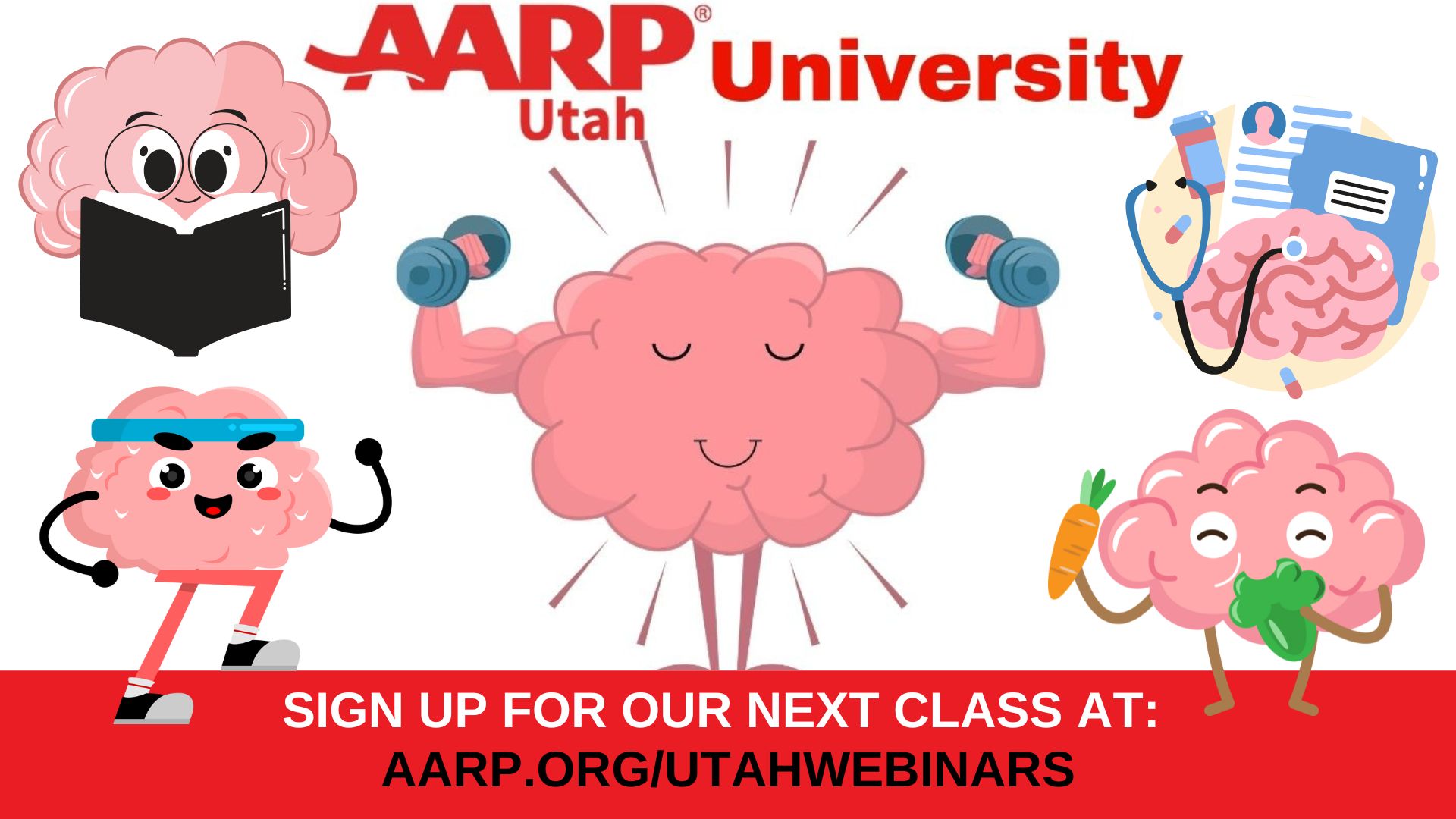AARP Hearing Center

Getting older can negatively affect the brain and how it functions. However, there is considerable research to show that you can make changes in your daily life to offset some of these negative effects.
- Be Social: Connecting with other people is stimulating, challenging, and often adds meaning and purpose to our lives. Stay engaged with friends, family, and your community.
- Engage Your Brain: Learning new things or pursuing new interests can be stimulating for our brain. Stay curious and give yourself a good mental workout by doing something that challenges your thinking and offers you enjoyment.
- Manage Stress: Stress management is especially important in difficult times. Smiling, laughing, distracting yourself with music or reading can help relieve the effects of stress.
- Stay Active: Get your body moving in whatever way is safe, comfortable, and enjoyable for you! Physical activity can help reduce anxiety and improve sleep.
- Restorative Sleep: Sleep restores the brain and is essential to our overall mental and physical health. Professionals recommend 7-8 hours of sleep per night for adults. Going to sleep and waking up at the same time every day is another recommended technique for better sleep.
- Eating Brain-Healthy Foods: What you eat can also have an impact on your brain. Although no specific diet has been proven to maintain or improve brain health, studies have found that certain foods can help cognition.
You can watch the recording of our free webinar on Dispelling the Myths of the Aging Brain by clicking HERE.































































